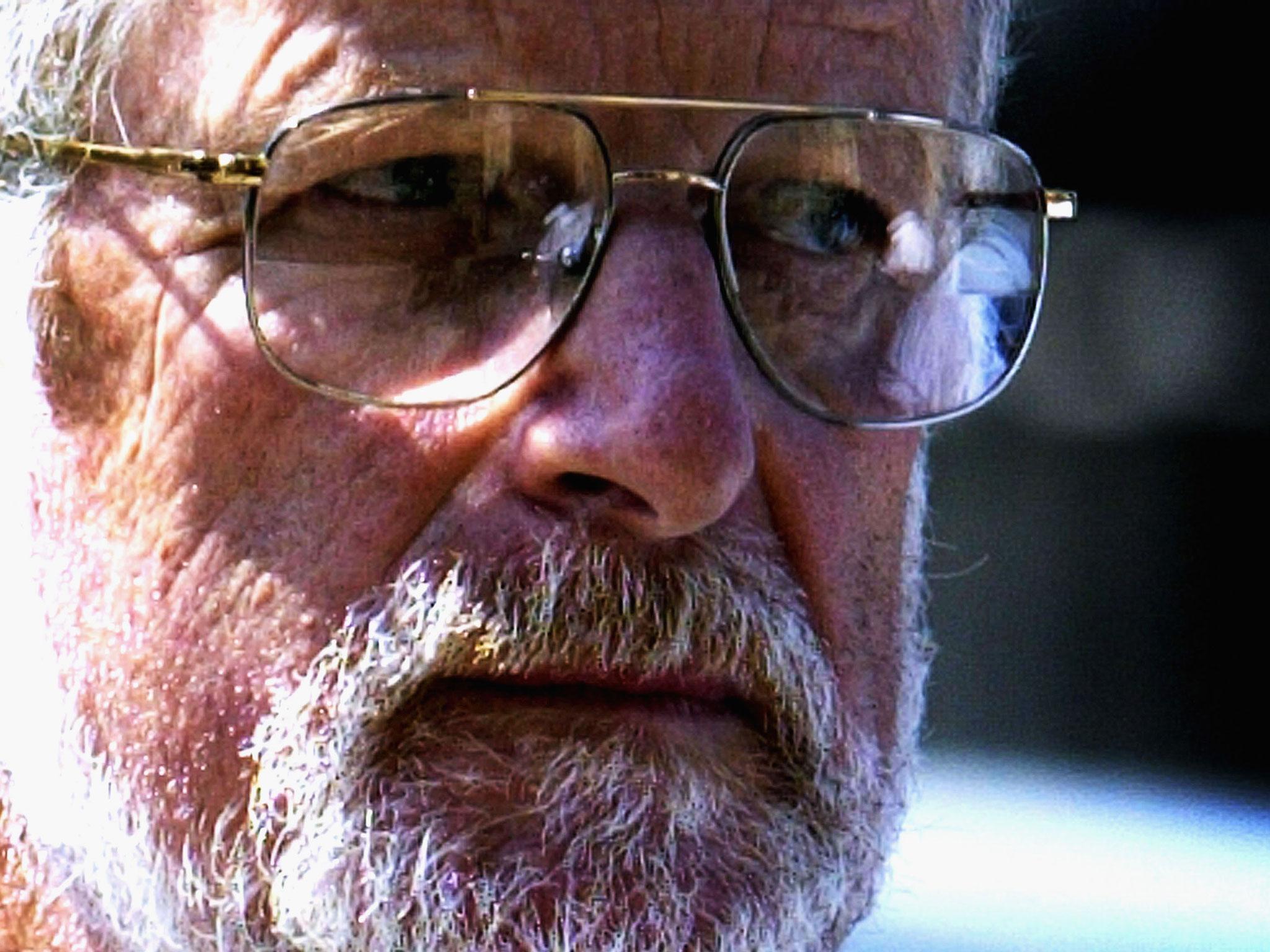Body of Iraq weapons inspector David Kelly moved by family after conspiracy theorists leave placards at grave
'There has been no desecration,' campaigners insist

The body of the late David Kelly, a weapons inspector who became central to the infamous "dodgy dossier" claims about the Blair government's case for war in Iraq, has been dug up and removed after claims that campaigners “desecrated” his grave.
Dr Kelly’s family said they decided to exhume the body after people who refuse to accept Dr Kelly took his own life left placards next to his grave in St Mary’s parish church, in Longworth, Oxfordshire.
According to The Sunday Times, the body was taken somewhere else, and is “understood to have been cremated”.
The scientist died in 2003 after he was exposed as a source by a BBC report that claimed the official dossier on Iraq’s weapons of mass destruction had been “sexed up”.
His death led to a judicial inquiry chaired by Lord Hutton, which concluded he had taken his own life, and no inquest was held.
A person close to Dr Kelly's family said the Justice for Kelly group "used to leave notes on the grave and they would have vigils... Janice [Mr Kelly's widow] hated it, and she felt it was a desecration, and asked the police to get them to stop".
The group was set up in order to campaign for an inquest into his death, which they believe was "not by his own hand".
Gerrard Jonas, who is a member of Justice for Kelly, told The Times that they left one placard asking for a coroner’s inquest.
“There has been no desecration,” he added.
“We were going to go for an exhumation licence ourselves. Earlier this year, around March, I said to the coroner, if you can’t help us we might have to pursue an exhumation, and the next moment the exhumation went ahead. What does that tell you?”
Mr Jonas believes the body had been exhumed to prevent it from being used as evidence, and said: “Why after 14 years would someone want to do this? I think it’s a bit more than Mrs Kelly”.
In 2003, BBC journalist Andrew Gilligan reported on the dossier following an off-the-record conversation with the scientist and his subsequent story led to Dr Kelly being identified, who underwent rigorous questioning before a Select Committee.
Dr Kelly was found dead near Longworth after swallowing 29 painkiller tablets and slitting his wrists. A pathologist's report confirmed there was no evidence of foul play.
Join our commenting forum
Join thought-provoking conversations, follow other Independent readers and see their replies
Comments
Bookmark popover
Removed from bookmarks